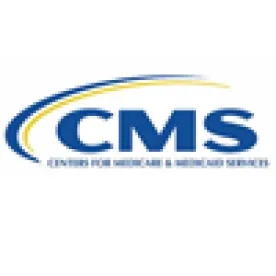As reported in earlier blogs, the federal Department of Justice (DOJ) has been actively looking into potential abuses by Medicare Advantage (MA) Organizations as to allegedly improper risk adjustment claims submissions and practices. Earlier this month, and as had been anticipated, the DOJ filed complaints-in-intervention against UnitedHealth Group, Inc., and related Medicare Advantage entities, in two False Claims Act qui tam lawsuits in United States ex rel. James Swoben v. Secure Horizons, et. al., and United States ex rel. Benjamin Poehling v. UnitedHealth Group, Inc., et. al. Previously, the DOJ had announced its intent to intervene in both cases, as well as its intent to conduct “on-going investigations” of other potential defendants, including Health Net, Inc., Aetna, Inc., Bravo Health, Inc. (which is part of Cigna), and Humana, Inc.
As alleged in the Poehling compliant, United damaged the Medicare Program by “at least over a billion dollars” by failing to “look both ways” and thereby failing to delete invalid diagnoses submitted to the Center for Medicare and Medicaid Services (CMS). As explained in the Swoben complaint, the Medicare Advantage risk adjustment payment model – which pays MA Organizations greater amounts based on the acuity of beneficiaries as reflected in the submission of diagnosis codes – “creates powerful incentives for MA Organizations to over-report diagnosis codes in order to exaggerate the expected healthcare costs for their enrollees.” To combat this inherent incentive, CMS requires that diagnosis codes be supported in the beneficiaries’ medical records; that the MA Organizations certify that submitted codes are accurate and truthful; and that the MA Organizations have effective compliance programs.
Despite the safeguards required by CMS, the DOJ alleges in both complaints that United failed to “look both ways” in submitting claims to CMS. Specifically, United used a predominately “one-sided revenue generating program,” mining for additional, missed diagnosis codes, without reviewing charts in good faith to determine if providers had reported codes that were not supported in the medical record. Similarly, according to the DOJ, United systematically ignored in bad faith other information that would have lowered risk scores and led to decreased payments. As a result, United allegedly reported skewed data artificially inflating patients’ risk scores, avoided negative payment adjustments and retained payments to which it was not entitled.
United engaged in all of these one-sided activities, according to the complaints, despite knowing that diagnosis codes submitted by providers for Medicare risk adjustment purposes are often not supported by the medical records. Indeed, DOJ notes, United entered into gainsharing agreements and other incentive programs with providers that only increased the risks that providers would report invalid diagnoses to increase their own revenues.
The DOJ complaints in Poehling and Swoben only underscore the potential and growing risks to Medicare Advantage Plans and the need for Plans – and providers – to proactively document the adequacy of their control environment and compliance programs, clarify the appropriateness of their business practices and interventions, and conduct a review of their overall approach to the risk adjustment process and coding.



 />i
/>i

